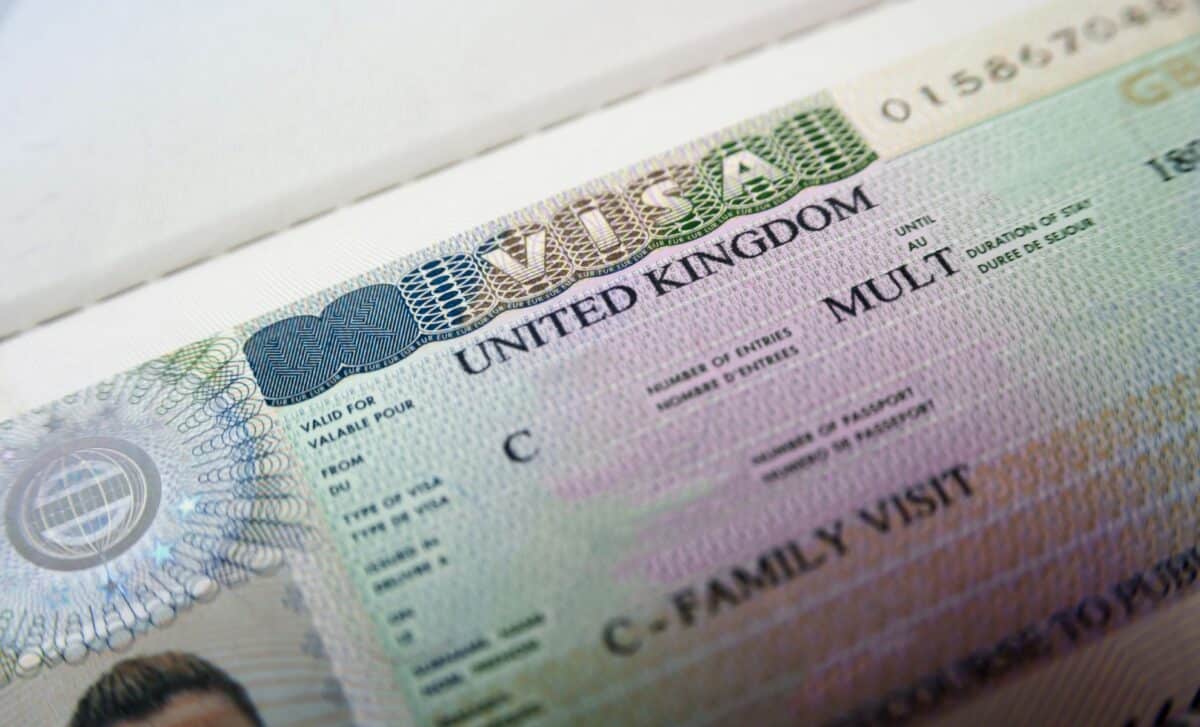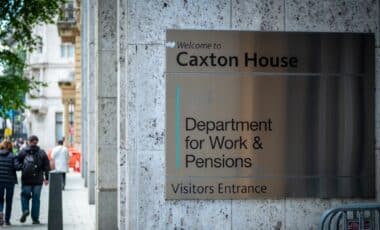The UK government is introducing a set of immigration reforms that will restrict skilled worker visas to graduate-level jobs, while also limiting access to lower-skilled visas to areas deemed essential to national interests. The move comes amid rising political pressure to reduce net migration and address domestic workforce shortages.
Set to be detailed in an Immigration White Paper, the policy overhaul reflects a broader shift in the Labour government’s approach to legal migration, following record figures and mounting public concern over strain on public services and local job markets.
Graduate-Level Barrier Redefines Skilled Immigration Access
Under the new framework, skilled worker visas will be issued only for occupations classified as level 6 or above on the Regulated Qualifications Framework (RQF), equivalent to degree-level roles. This marks a significant change from the current threshold of RQF level 3, which encompasses A-level standard qualifications.
According to the Home Office, visas for jobs below RQF level 6 will now be time-limited and issued only where “strong evidence of shortages” exists and the role is critical to the UK’s industrial strategy. Employers must also demonstrate clear plans to increase domestic recruitment and invest in local training.
Home Secretary Yvette Cooper stated the reforms were necessary to “restore control and order to the immigration system”, adding that previous Conservative-led policies had turned immigration into a “free market experiment”.
Cooper attributed the rise in legal migration partly to policies introduced post-Brexit, which expanded eligibility to include roles such as dog walkers and yoga instructors.
While the Migration Advisory Committee has noted a decline in visa grants for sub-degree roles in recent years, visa numbers for graduate-level positions have remained steady at around 75,000 annually.
Pressure From Reform UK and Economic Concerns Collide
The reforms come amid mounting pressure from the right-wing Reform UK party, which made significant gains in recent local elections. Prime Minister Keir Starmer is now under increased scrutiny to address record-high net migration, which reached 906,000 in the year ending June 2023, according to government figures.
In response, the Home Office has launched the Labour Market Evidence Group—comprising officials from industry bodies, government departments and the Migration Advisory Committee—to identify sectors overly dependent on foreign labour and address skills gaps domestically.
However, the proposals have sparked concern in key sectors, particularly care. Nadra Ahmed, chair of the National Care Association, warned the changes could cause “accidental consequences”, noting that 70,000 overseas care workers are currently employed in a sector with 120,000 vacancies.
Without proper funding or a coherent domestic recruitment plan, Ahmed cautioned, “providers will be forced out of the sector”.









